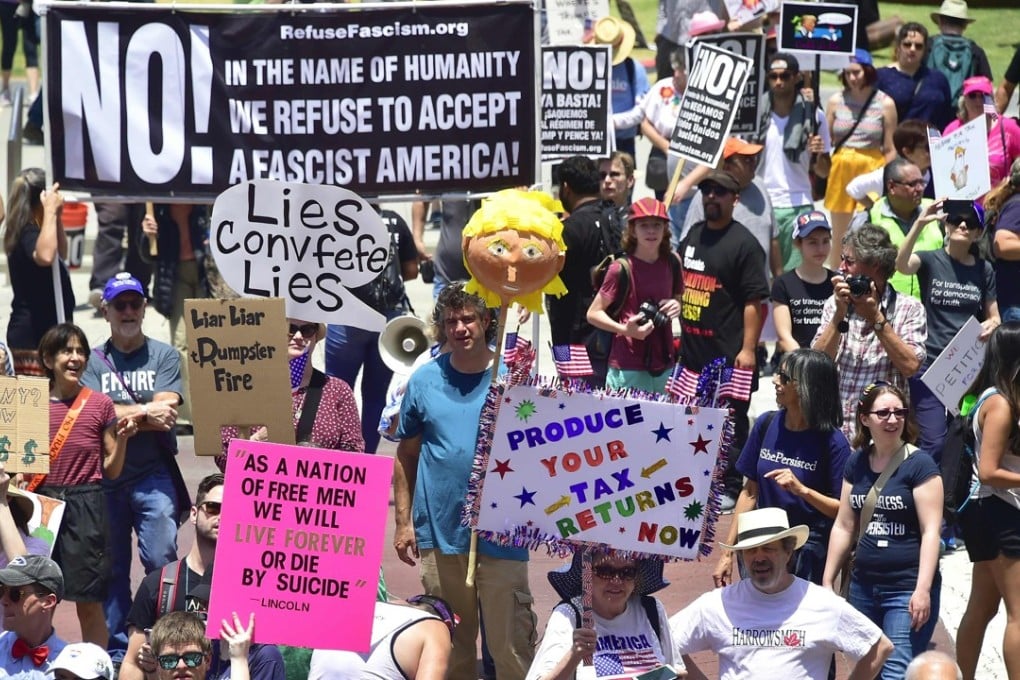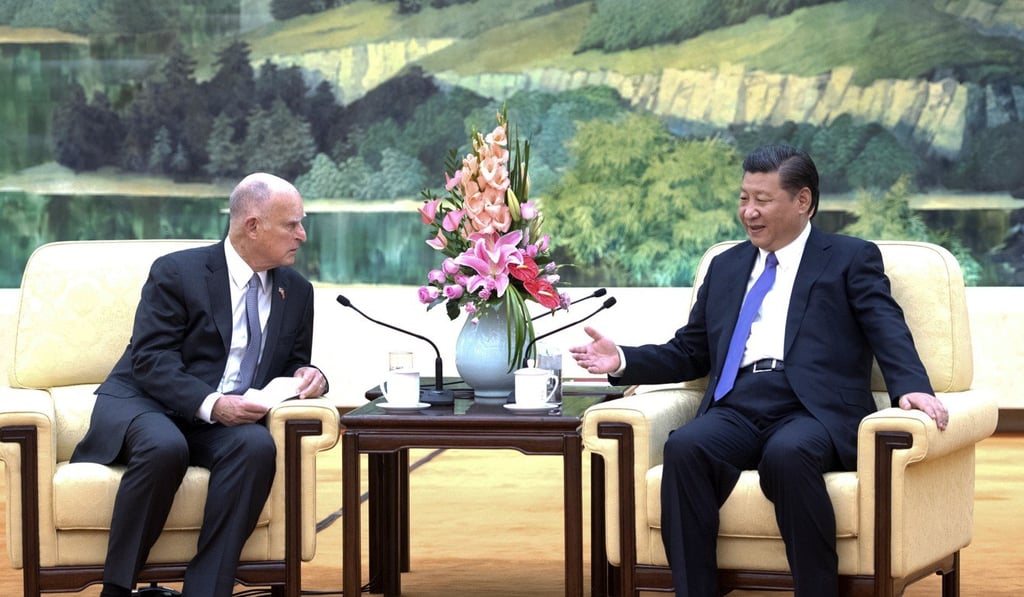United states of America defying Donald Trump after Paris climate U-turn
Kevin Hsu notes how states like California and New York are taking forward US climate commitments, as America tries to win back some of its global moral authority that Donald Trump has left in tatters

Inside the US, action at the state and local levels has become more imperative than ever. As Governor Jerry Brown of California, a state of 39 million people, declared: “If the president is going to be AWOL in this profoundly important human endeavour, then California and other states will step up.”
A federal system of power gives US state and local governments great autonomy, regardless of national policy. California, New York and Washington State have declared a new alliance to fulfil US responsibilities under the Paris deal, and are likely to be joined by many more. Dozens of city mayors have also drawn lines in the sand.

‘A matter of principle’: US business leaders slam Trump’s withdrawal from Paris climate deal
Though Trump tried to portray the Paris Agreement as unfair and inflexible, in reality, each signatory country chooses how to set its own goals and greenhouse gas targets. The US could simply have adjusted its national target if it had concerns about economic impacts, instead of trying to blow up the global framework for climate action.